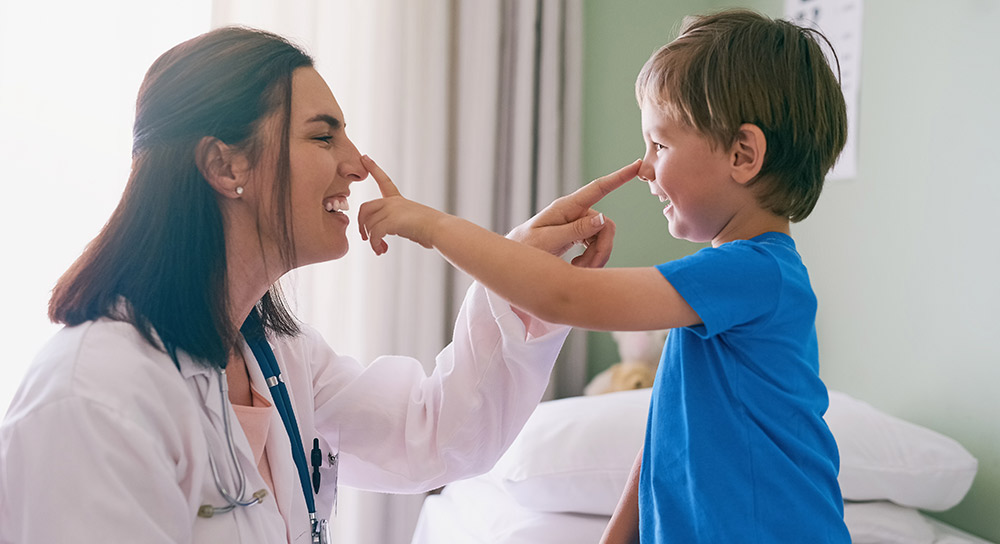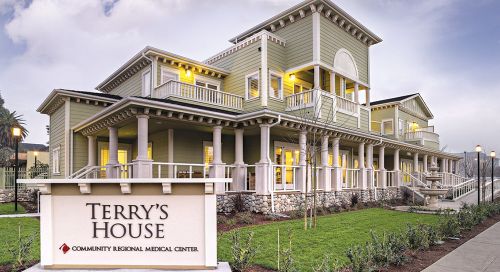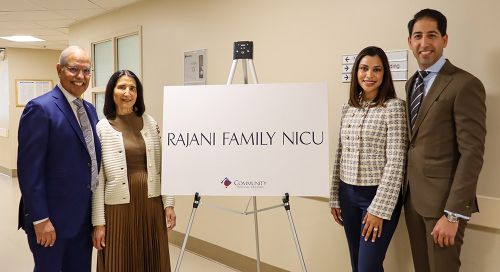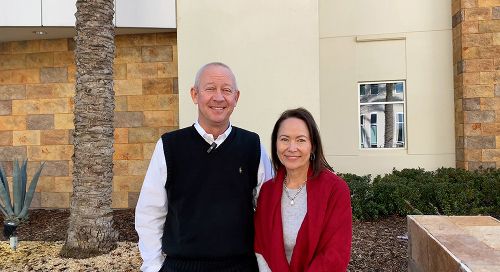But that’s not the approach at Community Regional Medical Center where health professionals have partnered with others in the community to create a Concussion Consortium. Its goal: to educate local pediatricians and youth sports coaches about the signs and dangers of concussions – especially on developing brains.
Brenna Hughes, a speech-language pathologist at Community Regional who helps brain-injured patients relearn to swallow and speak, was alarmed when she started seeing young teens in the hospital with brains rattled from repeated sports concussions. In 2013, as national news headlines highlighted the permanent nature of recurring mild brain trauma in professional athletes, Hughes teamed with Neurologist Tanya Warwick to spread the word on concussions. Eventually they’d like to see a system of aggressive concussion management clinics.
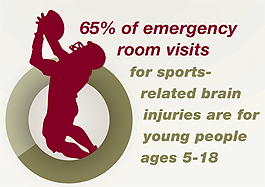 “My passion about this is because it really is a silent epidemic,” said Hughes, adding mild traumatic brain injuries often go undiagnosed. “You have these kids who have multiple concussions... When we do a thorough work up we see their vision is affected; their sense of smell is affected because the olfactory bulb is right at the front of the head. We see human growth deficiencies two months after a brain injury, and that affects their emotions and behavior.”
“My passion about this is because it really is a silent epidemic,” said Hughes, adding mild traumatic brain injuries often go undiagnosed. “You have these kids who have multiple concussions... When we do a thorough work up we see their vision is affected; their sense of smell is affected because the olfactory bulb is right at the front of the head. We see human growth deficiencies two months after a brain injury, and that affects their emotions and behavior.”
Since the summer of 2013, Community has: organized a Valley-wide symposium on concussions for healthcare providers; produced an educational video aimed at parents and coaches; partnered with ABC 30 and Clear Channel Communications to give a free public lecture on the long-term effects of head injury; and clinicians have been interviewed by the local National Public Radio affiliate’s Valley Edition program about concussions.
Community Regional’s pediatric and trauma departments also use special goggles to help mimic the effects of concussions to educate families and clinicians.
“We were having a hard time having our parents understand how serious concussions are,” said Julie Bowen, RN, manager of pediatric services at the downtown hospital. “They understand a broken bone or a lacerated liver more easily. When you put on the goggles you see double and if you wear them for any length of time it creates a headache.”
After trying the goggles parents were more actively helping staff maintain quiet, calm, video-free healing for teens recovering from concussions, said Bowen.


